Key Insights & Strategic Outlook: Readout from the 2025 International Forum
The International Forum at Quantum World Congress returned with a clear message: quantum progress in 2025 hinges on cross-border collaboration, a broader talent pipeline, and standards designed for quantum from the ground up. In a main-stage readout, George Thomas (Connected DMV) moderated a discussion with Kimberley Mentzell (Maryland Department of Commerce), Rebekka Garreis (Swiss Quantum Initiative – SCNAT), and Maria Brogren (Embassy of Sweden), distilling three and a half hours of Chatham House debate into actionable takeaways.
From strategy proliferation to execution
“National strategies doubled from 14 to 31. The question now is how we coordinate across borders—and how we standardize for quantum so products can reach the market.”
Forum participants noted a rapid expansion of national quantum strategies—rising from 14 last year to 31 today—and a corresponding shift from debating “whether to act” to concentrating on how to coordinate and execute. That pivot framed the day’s priorities: aligning policy with commercialization needs, clarifying demand signals, and ensuring that public investments translate into mission impact and societal benefit.
Collaboration over zero-sum thinking
Panelists rejected the notion of a zero-sum “quantum supremacy” race. No single nation can command the full value chain or predict a single winning modality; instead, complementary strengths and durable partnerships will determine who accelerates fastest. The group emphasized that technology timelines outlast political cycles, arguing for long-term international frameworks that survive electoral calendars and policy swings.
Talent: the binding constraint
While advanced research remains critical, the Forum cast talent as the ecosystem’s binding constraint well beyond PhDs. Companies need quantum-literate engineers, technicians, product leaders, policymakers, and educators. Raising “quantum IQ” across society—starting in K-12 and extending to minors and modules for non-physicists in fields like medicine, biology, cybersecurity, and law—was cited as essential. The Greater Washington region’s Pathways to Quantum program was highlighted as a model for exposing students to the full spectrum of roles, from labs to policy and commercialization.
Commercialization: standards, demand, and real problems
“A rising tide lifts all ships… nobody ‘owns’ quantum. We need the globe to work together and build on each other’s strengths.”
To move prototypes into products, the panel called for fit-for-purpose quantum standards—not retrofits from classical computing—and clear demand signals, with government stepping up as an early customer to help bridge the valley of death. Sector-level problem statements can let companies engage without revealing proprietary pain points, while challenge programs and pitch competitions focus teams on use cases where quantum can deliver measurable value.
Regional engines with global reach
The DMV’s Maryland–Virginia–DC corridor was cited as an example of how regional engines can plug into global networks. The prescription was pragmatic: build strong local coalitions across government, academia, and industry, then connect internationally to share standards, talent, and market opportunities.

